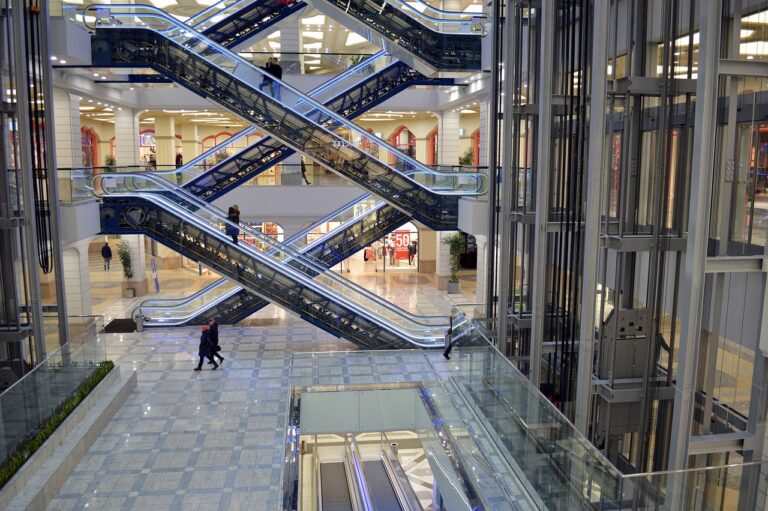The Role of Virtual Reality in Enhancing the Shopping Experience for Travel Gear: Sky247 sign up, Diamondexch9.com login, Tigerexch vip
sky247 sign up, diamondexch9.com login, tigerexch vip: Virtual reality (VR) technology has been revolutionizing the way we shop for various products, and the travel gear industry is no exception. With the help of VR, customers can now get a more immersive and interactive shopping experience when browsing for items such as backpacks, camping equipment, and other travel essentials. In this blog post, we will explore the role of virtual reality in enhancing the shopping experience for travel gear.
Immersive Product Visualization
One of the key advantages of using VR technology in shopping for travel gear is the ability to provide customers with a more immersive product visualization. With VR headsets, customers can virtually try on backpacks, check out the features of camping tents, and even see how different items fit together in a travel kit. This immersive experience helps customers make more informed purchasing decisions as they can see the products in a more realistic setting.
Enhanced Product Interactivity
Another way virtual reality is enhancing the shopping experience for travel gear is by providing enhanced product interactivity. Customers can now interact with products in a virtual environment, such as opening and closing zippers on a backpack, setting up a camping stove, or even testing out the durability of hiking boots. This level of interactivity allows customers to get a better feel for the products before making a purchase.
Personalized Recommendations
VR technology also enables retailers to provide personalized recommendations to customers based on their preferences and needs. By analyzing customer data and shopping behaviors, retailers can offer tailored product suggestions that are more likely to meet the customer’s requirements. This personalization not only makes the shopping experience more convenient but also increases the chances of customer satisfaction and repeat business.
Virtual Fitting Rooms
For travel gear items such as backpacks, clothing, and footwear, virtual fitting rooms are a game-changer. Customers can now try on different sizes and styles of products virtually, without having to physically visit a store or order multiple items online. This saves time and reduces the likelihood of returns, as customers can make more accurate decisions about sizing and fit.
360-Degree Store Tours
With VR technology, customers can take 360-degree tours of physical stores selling travel gear from the comfort of their homes. This allows customers to explore the store layout, check out product displays, and get a sense of the ambiance before deciding to visit the store in person. 360-degree store tours help bridge the gap between online and offline shopping, providing a seamless and integrated experience for customers.
Improved Customer Engagement
Overall, the role of virtual reality in enhancing the shopping experience for travel gear is to improve customer engagement. By providing a more immersive, interactive, and personalized shopping experience, VR technology helps customers feel more connected to the products and more confident in their purchasing decisions. This leads to higher customer satisfaction, increased sales, and ultimately, a competitive edge for retailers in the travel gear industry.
FAQs
Q: Is virtual reality expensive to implement for retailers?
A: While the initial investment in VR technology can be significant, the long-term benefits in terms of increased sales and customer engagement usually outweigh the costs.
Q: Can customers use VR technology without owning a headset?
A: Some retailers offer VR experiences in-store or on their websites that can be accessed without a VR headset, using a computer or mobile device instead.
Q: Are there any privacy concerns with using VR for shopping?
A: Retailers should ensure that they are transparent about how customer data is being used and stored when implementing VR technology for shopping experiences. Compliance with privacy regulations is essential to protect customer information.







